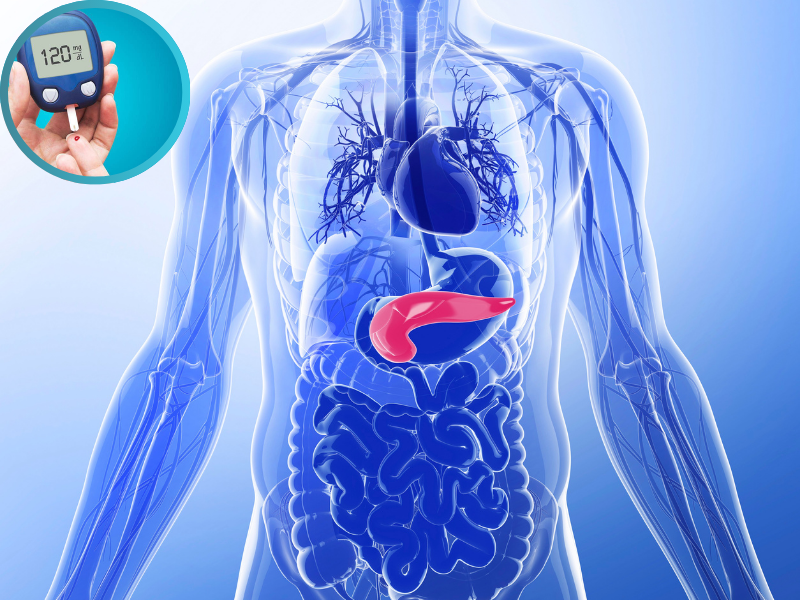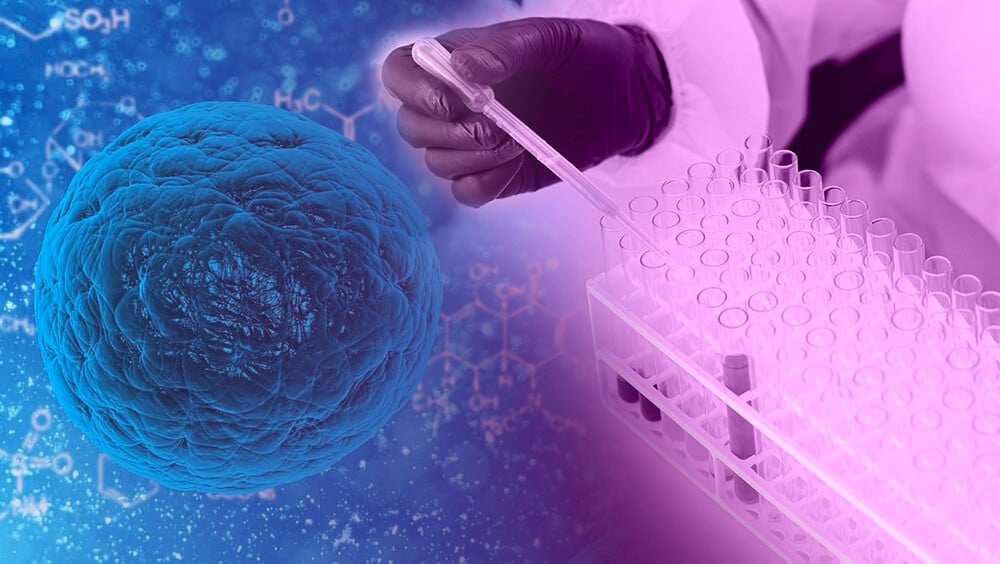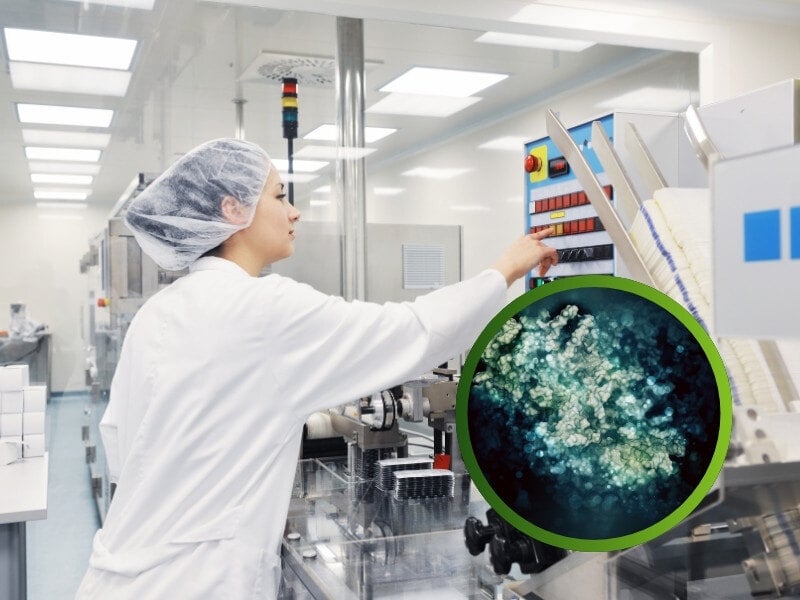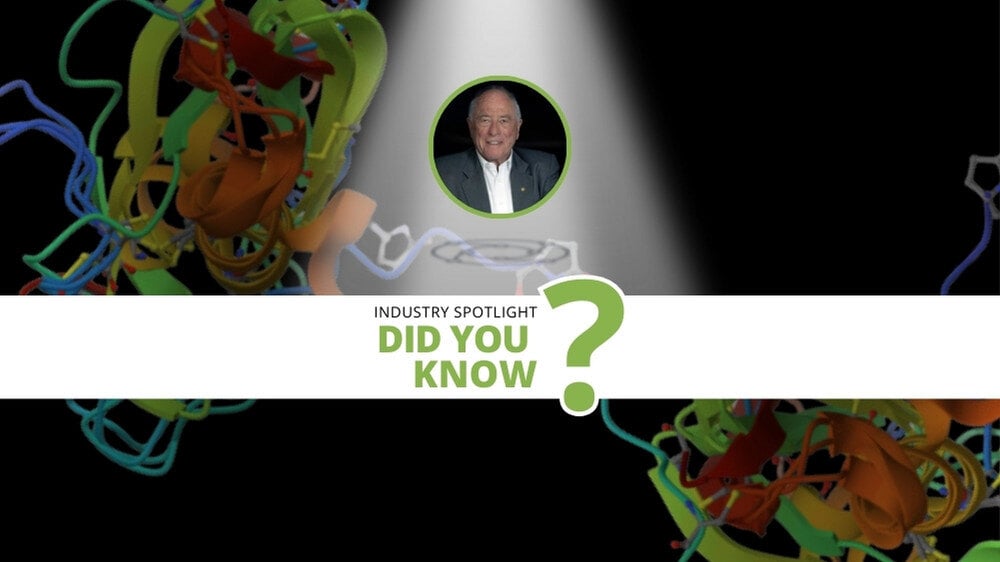Historic Islet Cell Transplant Offers Hope for a Permanent Cure for Type 1 Diabetes

Type 1 diabetes is a chronic condition that affects the insulin-producing cells in the pancreas. Patients with Type 1 diabetes cannot produce enough insulin or any insulin, a hormone produced by the pancreas that allows the body to use glucose for energy.
Deng Hongkui, Professor at Peking University, and his colleagues conducted an autologous transplantation in which they successfully transplanted insulin-producing islet cells into a 25-year-old patient in China. After receiving a transplant of reprogrammed stem cells, the patient with type 1 diabetes began producing her own insulin in less than 3 months.
Unlike traditional islet cell transplantations which typically extract islet cells from a deceased donor and then transplant them into the type 1 diabetes patient, this woman is the first type 1 diabetes patient to be treated using cells extracted from her own body.
Related:
- Kyoto University Hospital Explores the Potential of Treating Type 1 Diabetes Using Induced Pluripotent Stem Cells
- Handbook for Stem Cell Research
- Advancing Melanoma Treatment: The FDA Gives Lifileucel The Greenlight in Historic Cell & Gene Therapy Breakthrough
The study was published in Cell. One year after the operation the clinical data met all study endpoints with no evidence of transplant-related abnormalities. These positive results follow on from a separate group in Shanghai, China, who reported in April 2024 that they had successfully transplanted insulin-producing islets into the liver of a 59-year-old man with type 2 diabetes. Islets were also derived from reprogrammed stem cells taken from the man's body and he has since stopped taking insulin.
Islet transplants can treat diabetes but there aren't enough donors to meet the growing demand. Recipients must also use immune-suppressing drugs to prevent the body from rejecting the donor tissue. However, by using tissue made from a person's own cells, researchers hope to avoid the need for the patient to take immunosuppressants.
Following this remarkable achievement, the goal is to replicate these results in more people. Other diabetes experts are keen to see longer-term results. For example, Dr. Jay Skyler, Professor of Medicine and Deputy Director of the Diabetes Research Institute at the University of Miami said he is eager to see whether the patient continues to produce insulin for up to 5 years before considering her ‘cured’.
Overall, this historical moment could offer a permanent cure to patients with type 1 diabetes. While much research and development remain before stem cell transplants become a widespread clinical option, this study marks a key turning point in diabetes research. It points to a future in which diabetics may no longer depend on daily insulin injections, transforming the quality of life for millions across the globe.









